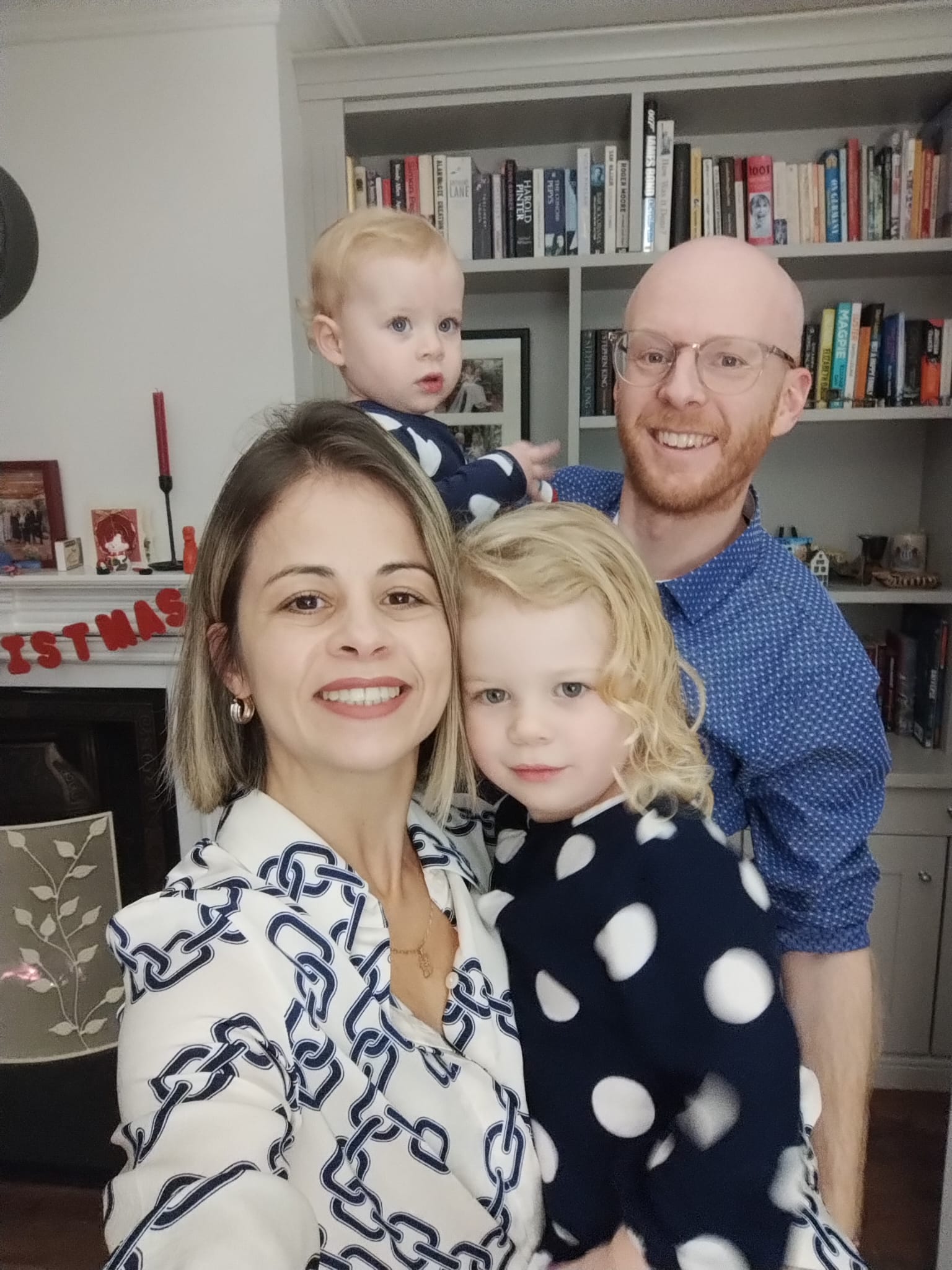Many traditional fairytales have problematic themes and morals – and it is sometimes necessary to update and alter them for our children, according to Newstalk’s Simon Tierney.
In his latest column, the Newstalk producer and presenter says he often finds himself ‘glossing over’ some of the more gruesome details when reading his children tales like Little Red Riding Hood or Hansel and Gretel.
He notes that traditional tales are “great stories,” but they leave “conscientious parents” facing a decision over whether they should reveal the true gothic violence of the stories or protect unsuspecting eyes and ears from some of the more macabre details.
'Too violent and misogynistic"
On Newstalk Breakfast this morning, Simon said stories impart values on children – and it is important for parents to question what they are teaching their kids.
“I read every day to my three-year-old and my one-year-old and occasionally, we'll discover that the stories are too violent, too misogynistic, occasionally racist and often elitist,” he said.
“The thing is that we, as a society, value reading but if we do value it, then it's therefore OK for us to analyse what it is that we're reading and question whether it's justified.
“Do we want to read just for entertainment or are we reading also to impart something else?
“Are there values and things to be learned within those stories?”
 Simon Tierney and family. From Left to right, Ingrid, Daniela (1), Giovanna (3) and Simon. Image: supplied
Simon Tierney and family. From Left to right, Ingrid, Daniela (1), Giovanna (3) and Simon. Image: suppliedHe said many traditional fairy tales were written at a time when societies had very different values.
“A time in which, you know, the ideas of monarchy or a feudal system or you know general societal inequality was de rigueur,” he said.
“The problem is that, while the stories are great, the values that the stories are written in are often not aligned with the values of our own today.”
Asked whether the stories have had an adverse impact on the many generations that loved them up to now, Simon Said: “Thankfully, we protect this generation more than previous generations were protected”.
"Horrific"
He noted that Hansel and Gretel ends with the witch being thrown in an oven and burned to death – an ending he admits is a win for kids – but a “horrific win” nonetheless.
As another example, Simon pointed to Richard Scarry’s classic 1960s books about various animals and their exploits – in which the author “insists” on showing pigs eating sausages.
“That is hilarious for me, on the one hand, because you know, they're cannibalising as characters, but at the same time, the question comes into the mind for the child, well, if the piggies can eat piggy sausages, then, should humans eat human sausage?” he said.
"Royal Tropes"
He said his biggest issue with many of the stories is the constant “royal tropes” they include.
“It's just so pervasive, it's so targeted and unfortunately, it's so targeted at girls that so many of our girls, including my own, want to dress up as princesses,” he said.
“I find that really hard to stomach. We live in a republic, we left all that business behind 100 years ago, thankfully, but it's brought into the modern realm all the time and my daughter wants to be a Princess and I don't understand it.
“Why are we imparting those values to children?”









